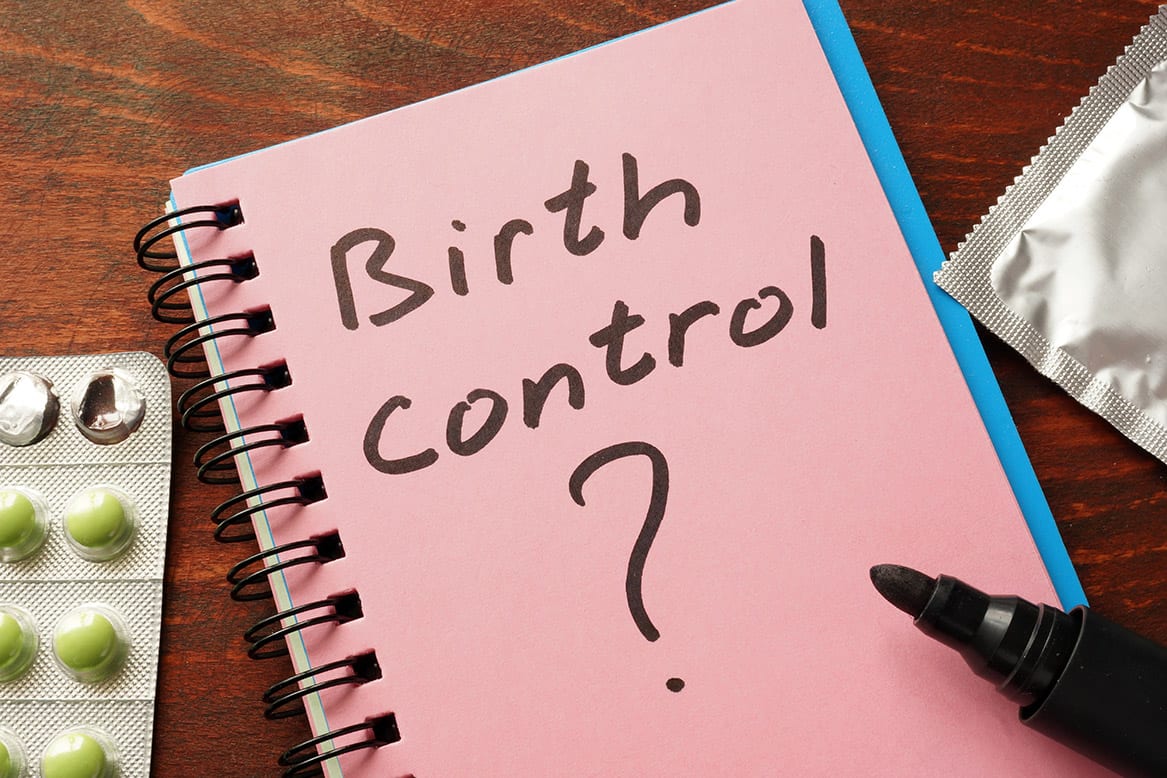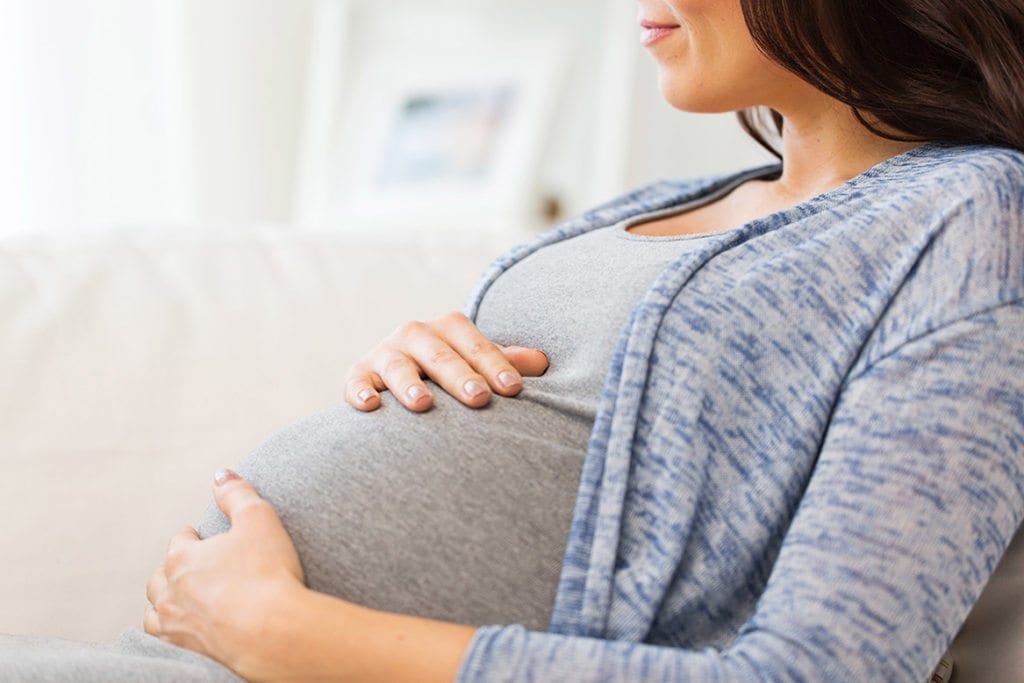Pregnant or menopausal? I know right? But the 40s can be a time of either possibility if you don’t practise birth control.
As we’ve said in other stories such as 3 Signs That Point To You Being In Perimenopause and What Happens To Your Body During Menopause? menopause can creep up on us and be a confusing time. Goodness knows, often times it can be the furthest thing from our minds as we go about our busy daily lives.
And rightly so, though it is helpful to become educated on the subject.
You see, if you’re an average woman in your 40s (read: no serious health-related issues), you’re probably still getting your period, albeit they may have changed a bit, and life seems normal.
You did lose it a bit the other day watching a sad movie, and you did have an uncharacteristic bout of road rage about a week ago, but hey, life in the 21st Century is stressful!
This can often be how it goes.
Menopause & Pregnancy
The thing is though if you’re over 40, these could be indicators of perimenopause OR pregnancy which can add to the confusion of the meno years for many women. Both life events share some similar signs.
You did lose it a bit the other day watching a sad movie, and you did have an uncharacteristic bout of road rage about a week ago, but hey, life in the 21st Century is stressful! Share on X
As you may know, there are three stages of menopause: perimenopause, menopause and post-menopause. Read all about them here.
For our purposes let’s talk about perimenopause or the lead up to the menopause itself. Perimenopause can last for 6-13 years, and it’s a time when you’re still getting your period, but things are changing hormonally. However, it is still possible to get pregnant.

The confusion comes in because perimenopause and pregnancy share many signs such as:
- Missed period
- Light bleeding or spotting
- Fatigue
- Needing to go to the loo a lot
- Emotional
- Nausea
- Weight gain
- Mood swings
- Tender breasts
- Bloating
If you don’t wish to have a child or any more children it’s important you keep using protection during sexual intercourse. Older age mothers are becoming more common and it’s not uncommon to see a woman over 45 giving birth. She could well be perimenopausal as well with the average age of menopause being 51.
Sure, a lot of these are assisted pregnancies but not all. Remember in generations past some offspring were termed ‘change of life’ babies. That’s why. You could still be fertile.
The bottom line:
If you are still getting your period, you can still become pregnant.








